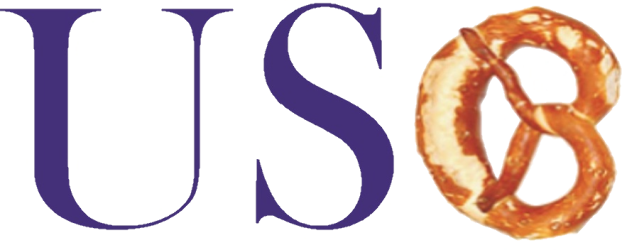Expect to provide current leases if you don’t have tax returns showing rental income. You may supply bank statements and canceled checks. If you have been claiming rental income on your taxes, submit IRS Form 1040, Schedule E. Roommate income does not qualify, unless the boarder is related by blood or marriage.
Mortgage Credit Certificates (MCCs)
If a federal, state or municipal entity subsidizes your mortgage through direct payments or tax rebates, submit documentation from the appropriate agency showing earnings for a mortgage subsidy or tax rebate payments. The lender can add these payments to your gross income to figure qualifying income or subtract the amounts from the mortgage payment you will need to pay to assess your qualifying ratios.
Retirement Income
The lender will consider retirement income as a contribution to your qualifying income only if the income is expected to continue for more than three years from the date of the mortgage application. The lender can include retirement income if you can show retirement income, such as a 401(k), from your federal tax returns. Social Security income can be proven with your federal tax returns or a statement from the Social Security Administration, such as a current award letter.
Other Government Income
The lender can include federal benefits income, such as Supplemental Security Income (SSI) and Social Security Disability Insurance (SSDI), if you can show income from your federal tax returns, a budget Letter or S benefit statement from the Social Security Administration, and recent bank statements showing regular deposits.
Documenting Your Assets
Lenders base their FHA loan approval primarily on your salary and your ability to make your monthly mortgage payments. But you also need to show that you have money for your down payment and closing costs. Provide copies of your savings, checking, investment and retirement accounts, all pages.
In addition, having “reserves” after closing can improve your chances of loan approval. “Reserves” are funds available to make your mortgage payment if you experience an interruption in income. They are measured in months – for example, if your payment is $1,000 and you’ll have $3,000 in the bank after closing, you have three months of reserves.
Down Payment
Your down payment must come from an acceptable source – for instance, a gift, savings, donation from an approved organization, or the sale of assets. Unacceptable sources include unsecured loans like credit card cash advances or money from anyone who will gain from the transaction, like the home seller, real estate agent or lender. You’ll submit copies of your bank, investment and retirement statements, including all pages. You may have to explain any large deposits or bounced checks that turn up on your statements.
Earnest Money
Earnest money is the money you pay as a deposit on your future home when you make an offer for property. That amount – typically 1 to 2 percent of the purchase price – appears on the purchase contract along with a copy of your check. Ultimately it will go toward your down payment and closing costs.
The FHA lender wants to know how you came up with the money. Submit documentation that shows the source of funds, the conditions under which they were supplied and proof that you’ve received them
Gifts
Gift funds are defined as money supplied read this post here to you with no expected or implied repayment to the party that is donating the funds. Acceptable sources include:
- A relative by blood or marriage.
- A close friend with a clear and documented interest in you, such as a domestic partner, a common-law spouse, or someone else with whom you share a household and your finances.

